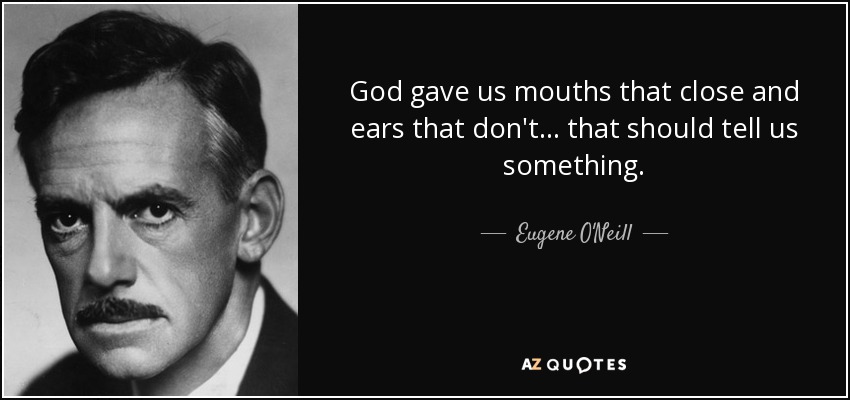Click here to return to Blog Post Intro
Rehoboam Fails to Listen
King Rehoboam’s dysfunctional leadership split the nation of Israel in two. His hunger for power, unreasonable demands, poor decision making, and lack of compassion for those who worked under him all conspired to doom his leadership. But probably the root of his problem can be found in 2 Chronicles 10:15: “So the king did not listen to the people…”
So why did Rehoboam fail at this simple task?
- Narrow Vision. The people promised to serve him if he lightened their load; and he didn’t see it.
- Poor Decision-Making Skills. He wavered on what to do about their request and told them to come back later.
- Self-Centered Focus. He rejected wise counsel after deciding it didn’t match his desires.
- Demanding and Impatient Style. He promised to make life tougher, not easier, for his people.
We learn from Rehoboam the difference between “hearing” and “listening.” Hearing is a function of the ears; the king heard all the spoken words. Listening, however, is a function of the will; leaders listen to connect and to learn. Rehoboam failed to do both, as he refused to listen to history, his followers, the wise counsel of his staff, and to God.
David’s Conflict Resolution
David led well because he listened well. First Samuel 26 describes how he gained the opportunity to take Saul’s life for a second time. David snuck up on the king while he slept.
But instead of killing him, David took the king’s spear and his water jug and later, from a distance, confronted him with questions. David shows that a leader who listens possesses genuine love that…
- Is not always popular. Be different. Remember David’s men? Malcontents. Disgruntled. More than once they encouraged him to look out for himself and take Saul’s life–but David refused. We must be careful how we interpret circumstances and whose advice we accept.
- Needs a clear perspective. Be humble (see Lead with Humility post). After David took Saul’s spear and jug, he called to the king from a distance. He submitted himself and humbly asked for perspective. “What have I done?” he asked. We will never be able to love people correctly until we see them clearly…with God’s eyes.
- Is not defensive. Be patient (see post on Patience). David knew God put him in this situation for a purpose and trusted God to deliver him. David offers to make a sacrifice if he has harmed Saul or done anything wrong, and he waits to hear Saul’s rationale. Impatience indicates we lack trust and want our rights.
- Is powerful. Be forgiving. Saul later apologizes to David and admits his wrong. He promises to go home. At this point, David sits in the driver’s seat; he still has Saul’s spear and jug. But he returns them and forgives Saul of everything. Like David, we must trust God to make things right.
Note the following steps David walked through with Saul in 1 Samuel 26:
- He initiated the contact with Saul and set the stage for communication (v. 14).
- He appealed to Saul’s sense of right and wrong (v. 15-16).
- He asked questions and listened for the king’s heart response (v. 18).
- He asked them to listen so he could share his perspective (v. 19).
- He determined to own up to anything he had done wrong (v. 19).
- He submitted himself to Saul (v. 20).
- He offers forgiveness and reconciliation as an act of trust in God (v. 22-24).
To Whom Should You Listen?
Certainly we cannot listen to everyone–far too many voices and views cry out for that. So, you should listen especially well to the following:
- Your Followers. Out of This World Leaders take the time to get a feel for each team member as a person.
- Your Customers. Out of This World Leaders make it a priority to keep in contact with those they serve.
- Your Competitors. Out of This World Leaders don’t imitate the competition, but they listen in order to learn from the encounter.
- Your Mentors. No leader can afford to be without a mentor’s insight. Who is on your Mount Rushmore of Mentors?
- Your Inner Circle. (See Law of Inner Circle post.) Out of This World Leaders must listen to those closest to them to confirm the pulse of the organization.
How about you? Do you display love for others by listening? Are you a good listener?

